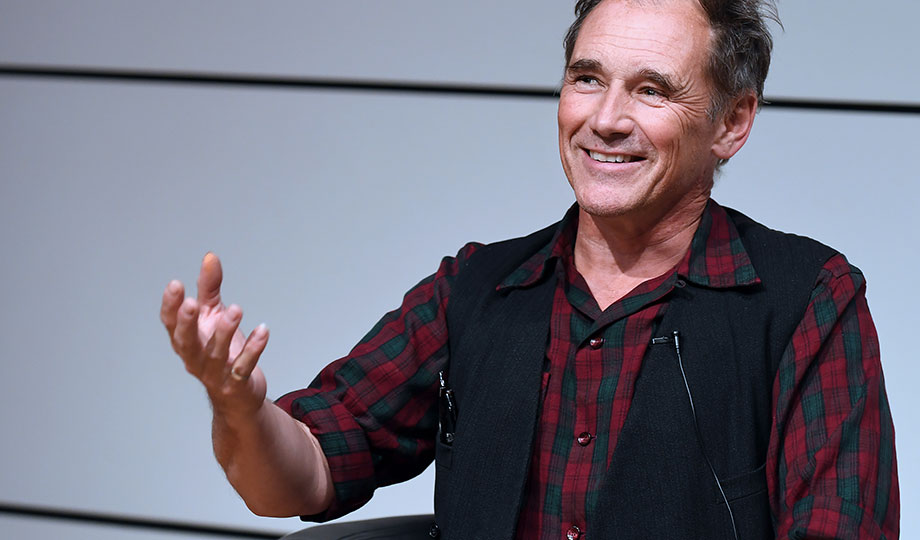Cranks. Loons. Timewasters
These are just some of the labels ascribed to academics who dare to question whether the man we know as William Shakespeare could be responsible for the 37 plays and 154 sonnets universally considered to be among the greatest ever written.
To Professor William Leahy it’s a burden he and his similarly sceptical colleagues must shoulder simply because of the controversy surrounding their chosen field of study.
“I’m not expecting any sympathy. I and many others clearly hold an unpopular view – we aren’t convinced that Shakespeare could have written such a diverse body of work, and our research supports that belief,” said Leahy, Professor of Shakespeare Studies at Brunel University London and editor of newly published My Shakespeare: The Authorship Controversy, a collection of theories by leading scholars.
But dismissing out of hand robustly researched and highly plausible theories because they don’t support long-held beliefs is anti-intellectualism at its finest, Prof Leahy argues.
“I’ve been called rude (and much worse…) for even asking the question,” Prof Leahy added, “but if the scholars in this book are anything to go by, the authorship issue remains unresolved. It’s intellectual curiosity that continues to drive the debate, and it’s in this spirit that we ask the question.”
The authorship question is one that was first asked during Shakespeare’s lifetime and since then alternative authorship candidates have been put forward – each, according to their supporters, more plausible than the Man of Stratford, who lacks any kind of literary paper trail to show that he could have written the plays that have made him famous.

Sir Mark Rylance will perform a reading from his self-penned 'I Am Shakespeare'
It is the enduring nature of these arguments that has inspired Prof Leahy to hold a week of events dedicated to Shakespeare at Brunel University London from 23-26 April. Over four nights, Prof Leahy will be joined by leading Shakespearian scholars to discuss the authorship question, with a number of theories put forward. Among the highlights will be a performance by Oscar-winner Sir Mark Rylance, who will be leading a reading from his self-penned play ‘I Am Shakespeare’, which itself explores the authorship question.
Prof Leahy, who is Chairman of the Shakespearian Authorship Trust alongside Sir Mark, added: “I hope the audience will come with an open mind. These things tend to attract a very passionate response, which I would welcome, but I also want people to see past the rhetoric and listen to the evidence before they make up their minds.”
Brunel University London’s Shakespeare Week takes place from 23-26 April, with free events held each evening. To find out more, visit:
https://www.brunel.ac.uk/news-and-events/events/Shakespeare-Week
My Shakespeare: The Authorship Controversy, edited by Prof William Leahy, is published by Edward Everett Root and available here.